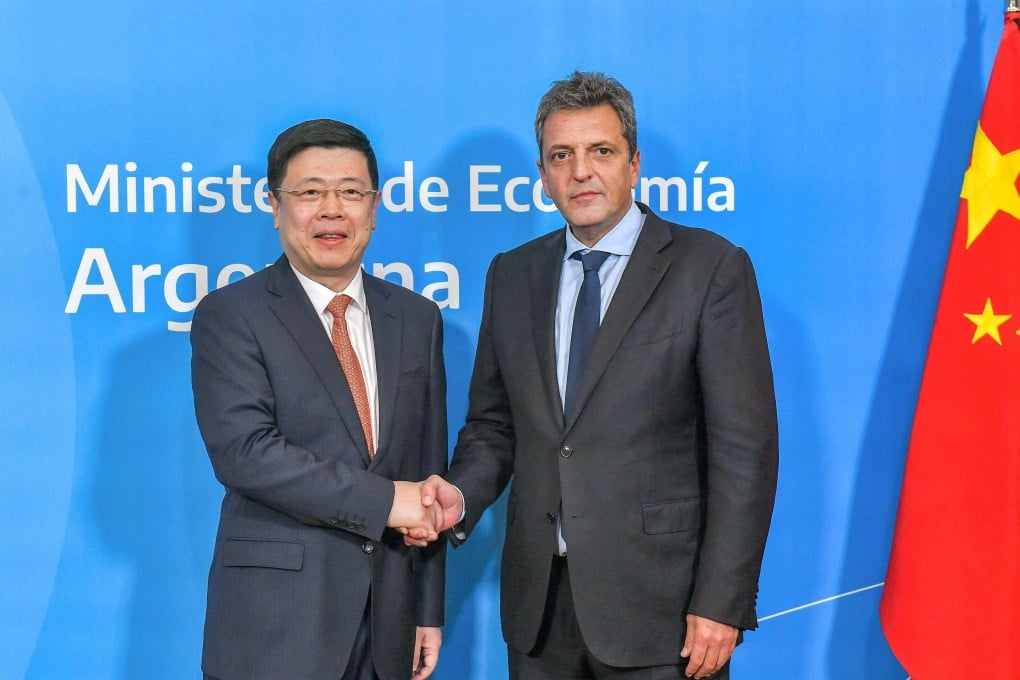Macroscope | In a multipolar world, the US dollar’s fall from prominence looks likely
- De-dollarisation is gaining momentum as more countries voice concerns about the US currency’s dominance in the global financial system and its use as a tool for exerting influence

In recent years, the world has witnessed fierce US-China rivalry, the Covid-19 pandemic wreaking havoc on global systems and the fallout from the Ukraine war on supply chains, as well as an acceleration towards multipolarity, where power is more evenly distributed among several advanced economies.
More countries are voicing concern about the US dollar’s dominance of the global financial system and its use as a tool for exerting influence.
A World Gold Council survey revealed that many central banks, particularly those in developing and emerging markets, are seeking to boost their gold reserves. According to the International Monetary Fund, the share of the dollar in the world’s official foreign exchange reserves has fallen from 71 per cent in 1999 to 58 per cent at the end of last year.


